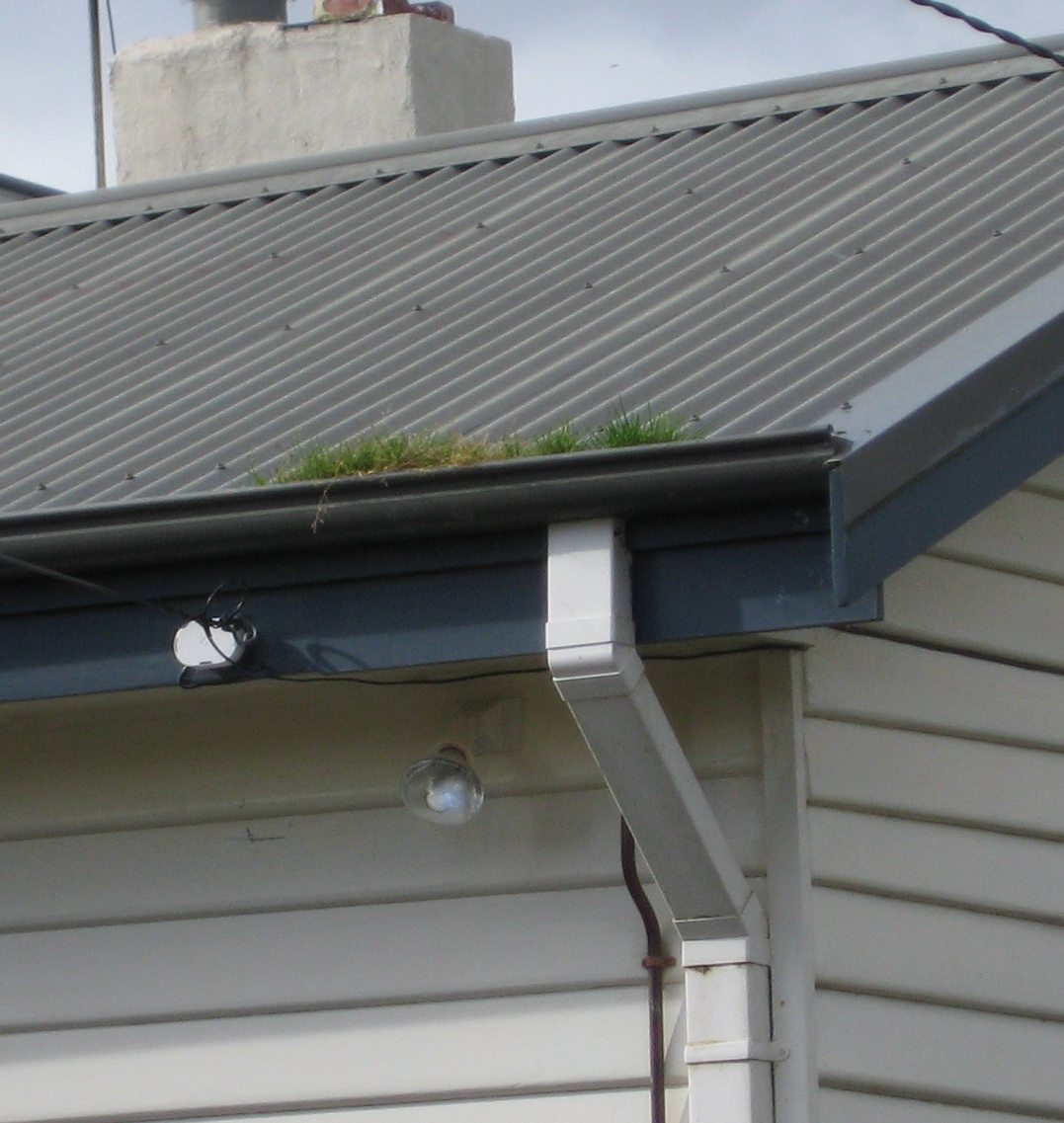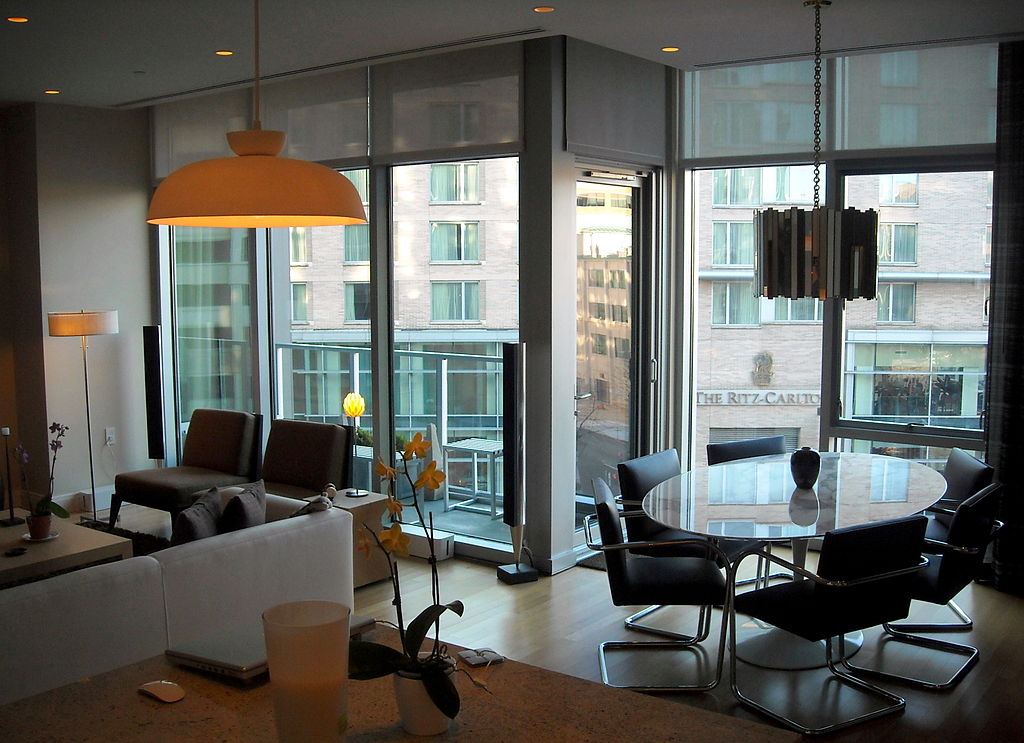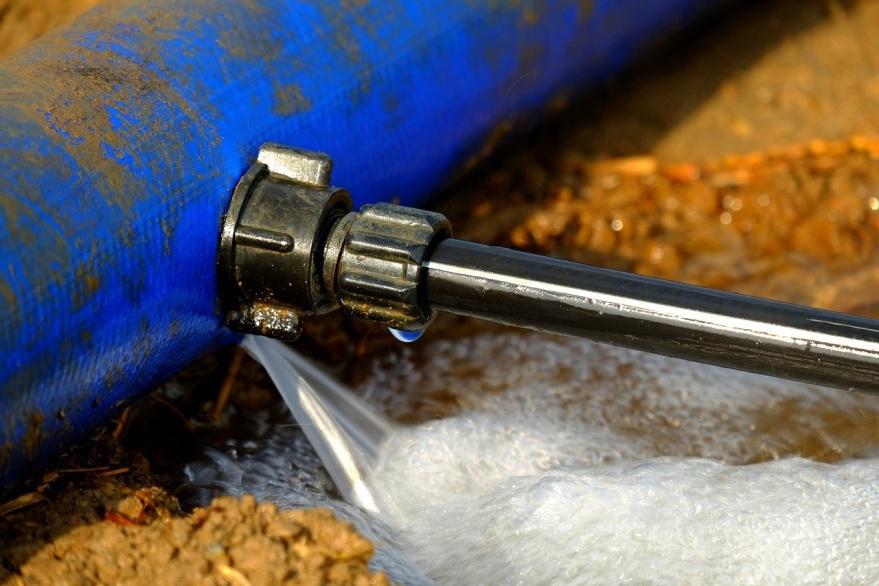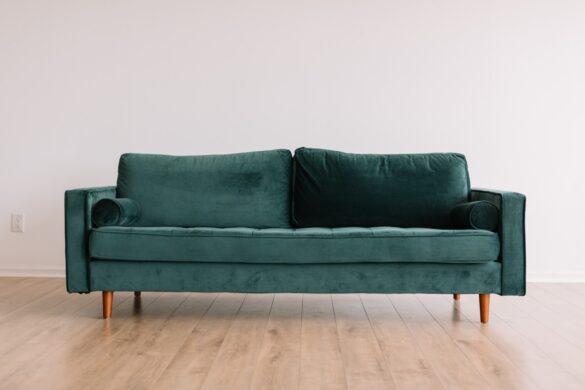Whenever a major crisis strikes, the economy is invariably affected. Most people tend to survey the negative effects of crisis and mishap on the market. You only need to turn on the news to find a lot of talk about COVID-19 and its negative effects on the stock market. However, for those of us with a long-term mindset in finance and investing, this is a time to understand what is happening in the market in order to make the best and most well-informed decision possible.
This is especially true when it comes to real estate. Jobs are ending, commitments are decreasing for many people, and a large portion of the population now has the option to relocate.
If you play your cards right, investing in a smart piece of real estate could pay off well in the future.
During the recession of 2008-2010, a buyer’s market occurred in which it was easy and affordable to buy homes and sell them later for a much higher price.
In states like Arizona, it might be a good idea to buy and leverage rental properties, as renting generally increases during a recession and the housing market seems to be quite stable.
Are we currently in a buyer’s market? Not quite, but things are shaping up that way. For instance, lower population areas that are hit hard by the recession like New Mexico or Ohio are great options to consider when it comes to buying property. As people move out of cities after the recession, a spike in population and a rebound from the can cause the value of your new property to rise steadily over time.
Should I Leverage A Buyer’s Market?
If you’re financially stable enough to buy a house during a recession, it could be a decent investment idea. Because of the current COVID-19 issue, there is a good chance that market prices will drop and rise gradually over time.
However, there is no way of knowing for sure that this recession will be like the last. The economy and state of the market is a complicated issue, and is hard to predict with accuracy.
The last recession occurred partially because of the poor choices of mortgage lenders. In other words, the drop in housing prices was directly related to the economic drop in the housing market itself. This current recession will occur because of factors not directly related to the housing market.
Current data from Zillow shows that the current prices of houses haven’t dropped substantially. The municipal effects of COVID-19 will have to play out further before we know for sure whether it’s a great time to buy.
Without transactions, home prices don’t shift a whole lot, and currently, people aren’t buying a lot of homes. Rather than plummeting, the market has been put on hold.
In addition, there are several other historical examples of home prices actually increasing during the recession.
However, there is still hope for investment opportunities during this very odd time in history. Rather than look at opportunities from a pure market standpoint, consider the social factors that will cause market changes later down the line. In particular, people will likely want to move to less densely-populated areas after a viral outbreak. Because of this, home prices in historically cheaper areas like the Southwest and Midwest regions of the US are a great place to buy homes.
While investing in real estate in volatile markets like New York or LA can lead to high rewards, they’re also high-risk. In order for it to be worthwhile, you have to be at the head of the pack. Investing in lower-risk areas is a safer bet for those of us who don’t want to place all our bets on a single property. Because markets move a bit slower in the midwest, there is less pressure to buy and sell with the precision that more densely populated regions require. People in the Midwest experience lower cost of living, which means that they have more money to spend on homes and rent. That also means that purchasing a property to rent or sell later on is a generally safe bet.
In addition, there are tons of blue-collar workers and high-stability industries present in the Midwest — which means that tenants have financial stability. That means that your tenants are more likely to be able to pay rent consistently if you choose to rent out a property. The Midwest is known for being a bit boring, but boring means stable. That’s nothing to turn your nose up at.
The Southwest is another region that has a lot of economic potential. More and more people are relocating to the Southwest for the job opportunities present there. The high-dollar industries like oil, farming and universities present in the Midwest means plenty of opportunity and plenty of expendable income to go around. That means that young, enterprising professionals and families are relocating to the Southwest to find good jobs. It also means that they’ll need good places to live.
The rising trend in millennials buying historic homes means that the Southwest is a great place to capitalize. While older and larger homes come at a huge cost in big, coastal cities, they are much more affordable in the Southwest. Historic homes in the 200k-300k range are a common find. While you’ll have to do some flipping yourself, finding an older home located close enough to a larger suburban or urban city center can be a great find. A home with older bones but renovated interiors that serve to accent its historic charm are hard to come by but very desirable for younger families.
Overall, make sure that you do enough research to find out if buying a home in the current economic downturn is the right move. As with any investment, it all comes down to managing your assets well and being flexible with the changing markets. Consider making a lower-investment move like a temporary rental property to find out if home investment is the right move at the time.









